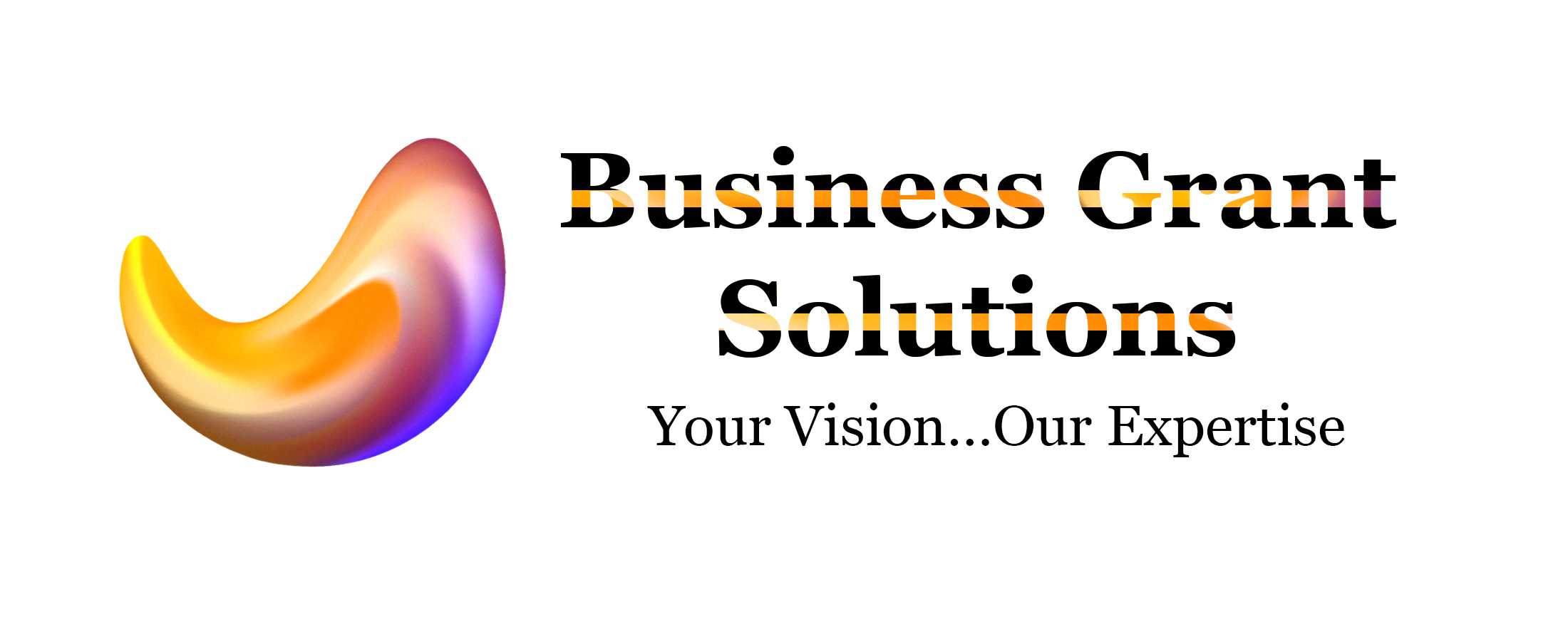What is The Employment and Investment Incentive Scheme?
The Employment and Investment Incentive Scheme (EIIS) provides tax relief to private investors for risk capital investments in qualifying SMEs, to assist companies to raise finance to allow them to expand and create or retain jobs. A qualifying company can raise a lifetime maximum of €15 million risk finance using this incentive, which it may not otherwise be able to raise.

The sole function of the Minister for Enterprise, Trade and Employment in relation to EIIS funds is to ensure that the prospectus and publicity material for a fund give prospective investors the information required to make an objective decision when deciding to invest in a particular fund, in accordance with the provisions of the Designated Investment Funds Act 1985.
Under the scheme, a taxpayer who puts money into an approved EII investment can reduce a substantial portion of their taxable income for the year in which the investment was made. The maximum investment allowed in respect of the years after 2019 is:
- €250,000, subject to those shares being held for a minimum period of 4 years or
- €500,000 where those shares are held for a minimum period of 7 years.
The EII scheme is available to the majority of small and medium-sized trading companies. However, the following trading activities are excluded from the EII scheme:
• adventures or concerns in the nature of trade, e.g. once-off or speculative transactions,
• dealing in commodities or futures in shares, securities or other financial assets,
• financing activities,
• professional service companies, e.g. accountants, solicitors, business advisors, doctors
and architects. However, Internationally Traded Financial Services may qualify subject to
approval from Enterprise Ireland,
• dealing in or developing land, i.e. construction and building,
• forestry,
• operations carried on in the coal industry or in the steel and shipbuilding sectors,
• the production of a film (within the meaning of Section 481
